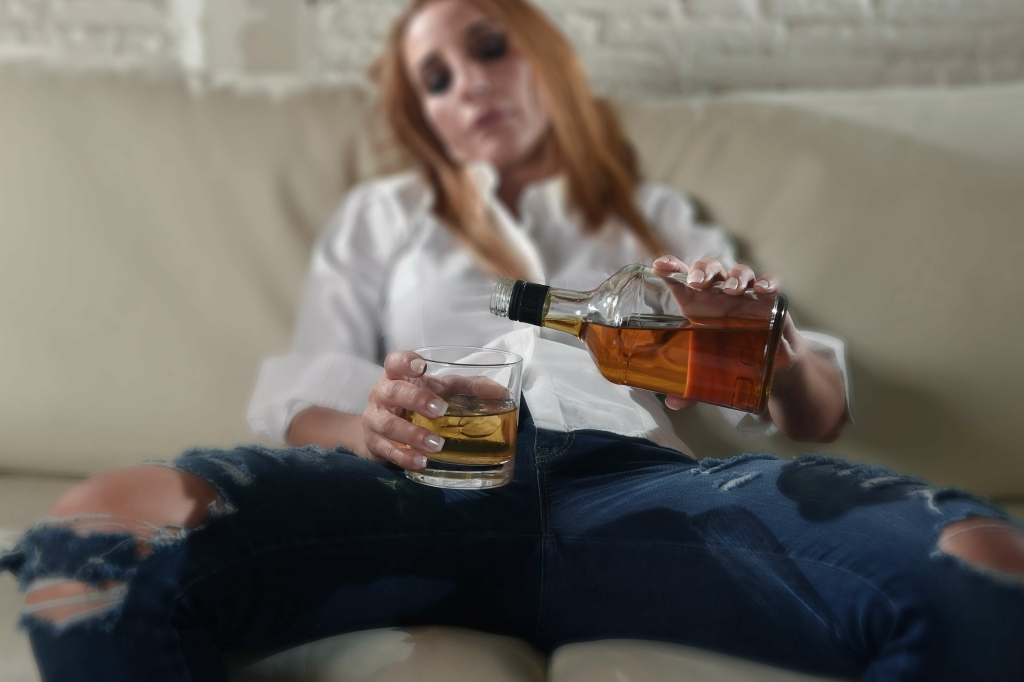Benefits of Quitting Alcohol: Timeline + What Happens When You Stop Drinking
While turning to sugar instead of alcohol is okay in the short term what happens after you stop drinking alcohol for most, you should work with your physician and therapist to identify healthier ways to cope with cravings. Around day 10, you might experience your first full night of quality sleep. You might realize you’re having more dreams than you did before, and waking up feeling more rested and energized.
- One month of abstinence, insulin resistance – which can lead to high blood sugar – significantly reduces by 25 per cent.
- Studies have shown that continuous alcohol consumption may increase the risk of anxiety and depression.
- Blood pressure also reduces (by 6 per cent) and cancer-related growth factors declines, lowering your risk of cancer.
- A day and a half after quitting alcohol, withdrawal symptoms will intensify.
Finally, a Recovery Program That Respects You
Just like a broken bone or infection needs time to heal, so does an overworked liver. While this depends on the amount of alcohol you have had over the years, your liver can see partial healing within two to three weeks, but this will depend on your health history. Centers for Disease Control and Prevention (CDC), alcohol should be consumed in moderation, which means one drink a day for women and two for men — unless your doctor says otherwise. If you’re keeping up with this average (or less), the damage from alcohol is most likely minimal. Many countries take part in “Dry January”, a campaign which encourages people to give up alcohol for one month.
- Over time, the brain can actually get used to the effects of alcohol, causing it to work harder and cause unpleasant or even dangerous withdrawal symptoms like tremors and heart palpitations.
- It’s also important to note that delirium tremens can be life-threatening.
Reduce the risk of cancer
However, if you’re banking on a month-long break from alcohol to help you lose weight, Kumar said it’s not your best bet. While alcohol is high in calories, and wine, beer, and mixed drinks add sugar to one’s diet, Kumar said that simply cutting it out may not always help you lose weight. Excess alcohol consumption may cause weight gain, which means that cutting out alcohol could lead to weight loss for some people. Other studies, such as this one from 2022, have found similar results, showing no health benefits of consuming alcohol in moderation for people under 40, only risks. You may also receive other medications or treatments for related health issues, like IV fluids for dehydration and electrolyte imbalances or antinausea medicines if you experience vomiting. Alcohol (ethanol) depresses (slows down) your central nervous system (CNS).

What are the symptoms of alcohol withdrawal?

The most dangerous symptoms that can develop will do so as symptoms peak. Seizures can occur, and an uncommon but dangerous condition called delirium tremens can happen at this point in withdrawal. Delirium tremens https://ruralz.com/?p=27895 has a fatality rate of 37% if untreated and is considered a medical emergency.
Health risks that improve after one year of not drinking alcohol include:

Withdrawal happens because your brain drug addiction treatment gets used to the depressive effects of alcohol. These chemical changes affect how your nerve cells talk to each other. Over time, the nervous system can get worked up when there’s no alcohol in your system. If you or a loved one is in need of an alcohol detox program, reach out to Wellbrook Recovery today. With the right help, you or your loved one can take back control of their life and start down the path to recovery.
